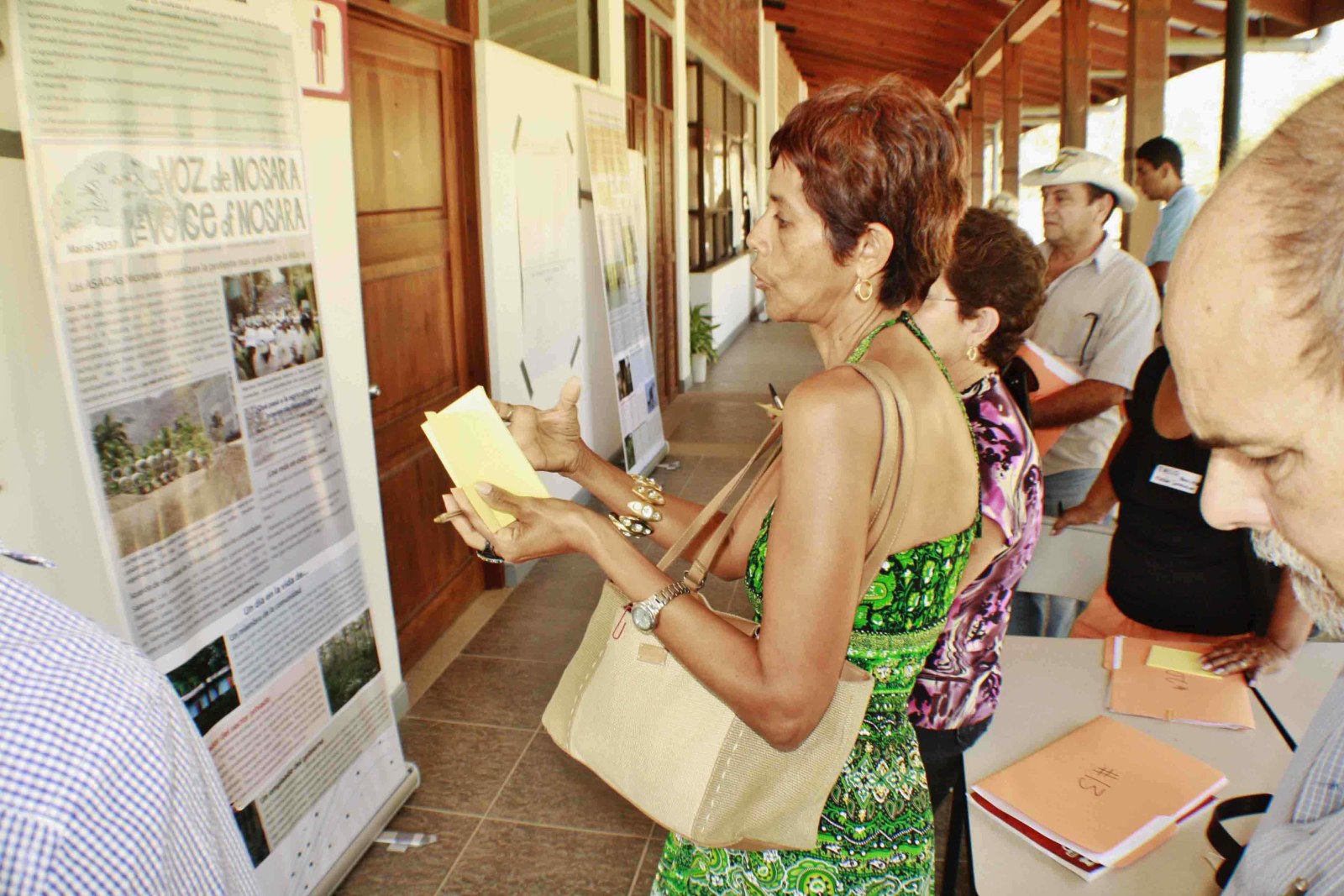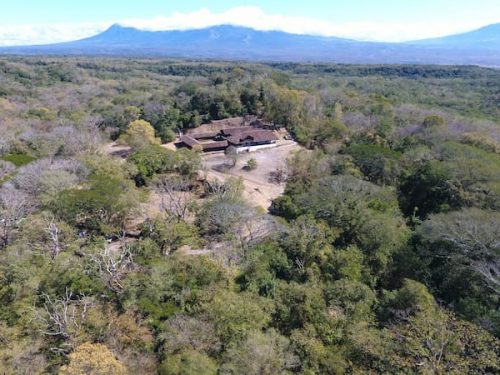
Worried about the future of water in the Nicoya Peninsula, a group of 50 people met last Thursday, March 14, to visualize and evaluate the possible future scenarios in the area for the most vital liquid, as well as to define the principle actions to take for responsible management of hydraulic resources.
The collaborative workshop for planning sustainable management of water in the province of Guanacaste was organized by Arizona State University (ASU), the National University of Costa Rica (UNA) and the Organization for Tropical Studies.
The activity was attended by members of the Commission for the Management of the Potrero-Caimital River Basins, AyA, the National Service of Groundwater, Irrigation and Drainage (Senara), the Ministry of Health and members of 11 ASADAs of the Canton of Nicoya, among others.
Once the possible scenarios for the future of water in Guanacaste were evaluated, the majority of those in attendance designed the coordination of the management and planning of hydraulic resources.
Jose Trino Castrillo, president of the ASADA of San Fernando of Samara, mentioned that the meeting permitted him to “consult better and establish contacts with members of other ASADAs.” Eduardo Arnaez, administrator of the ASADA of Samara, valued being able to share experiences and concerns with other ASADA administrators.Meanwhile, Ricardo Morataya, representative of the Potrero-Caimital River Basin Commission, acknowledged awareness of the five strategies to follow (see box below), since, according to him, “they are a reality,” and emphasized taking action and executing them all together.
For his part, Christopher Kuzdas of ASU, who has been investigating the water situation in the Nicoya Peninsula for four years already, explained that several factors must be taken into account when discussing the governance of water, such as the current legislation. “In Costa Rica, the laws about water have not changed since 1949 (the last constitution), and new legislations have not been generated,” he mentioned.
Another factor, according to Kuzdas, is the lack of leadership in the region and the lack of unity of all those responsible when making decisions. “The labor of responsible management of water cannot be assigned to just one person but rather to many, so a lot of leadership is needed and I don’t know if so many leaders exist,” he explained.Also, the researcher stressed the importance of elevating the workshop results to the municipal level, so they will make sure the Municipal Council receives the findings.
These are the Five Strategies to Follow
1- Coordination of the management and planning of hydraulic resources
2- Openness and transparency of decision making for water resources
3- Balance of extraction and recharge of groundwater
4- The ease of changing water policy and the planning process to satisfy changing needs and priorities
5- The effectiveness and relevance of the basin scale and the regional scale for water governance







Comments